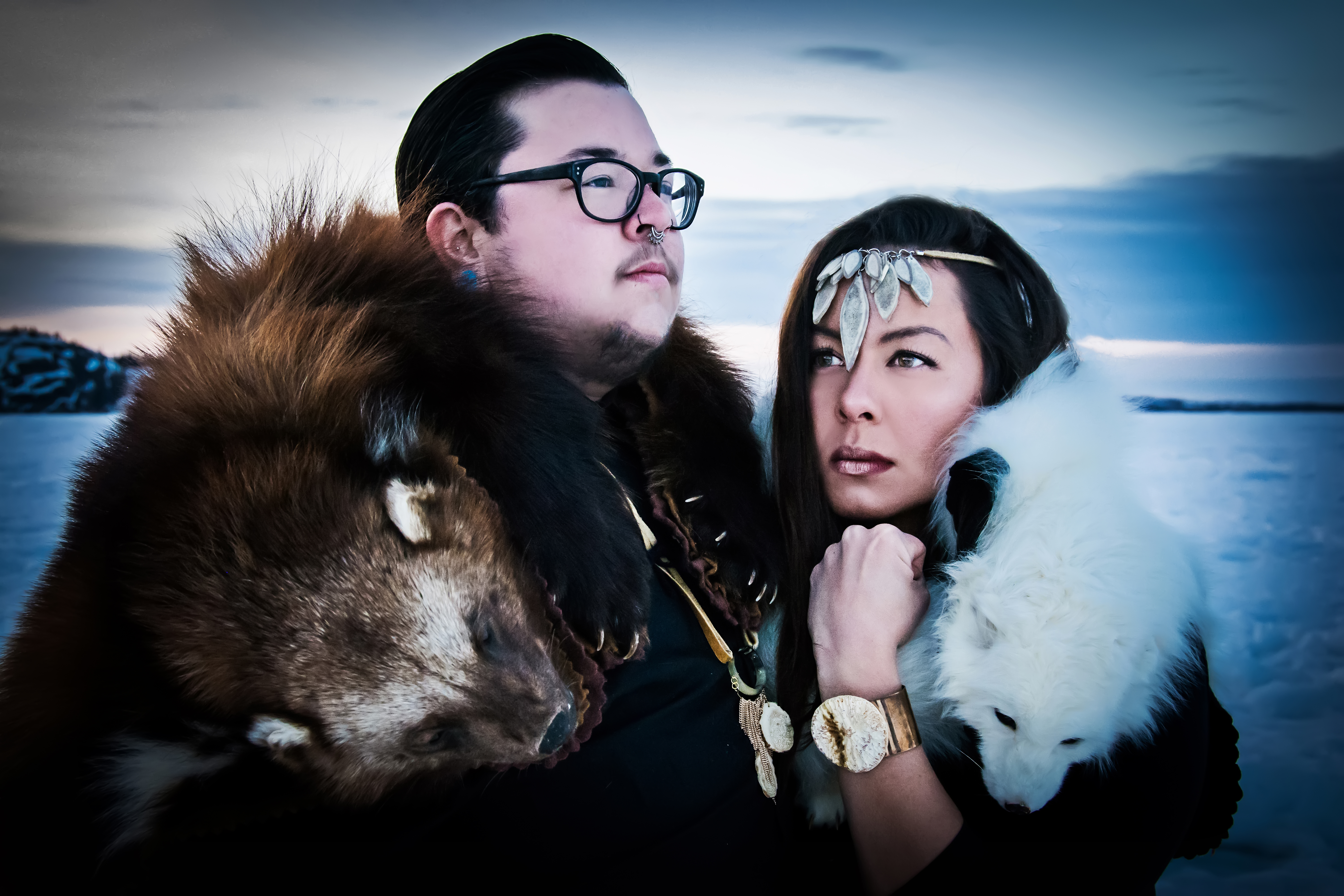William Lawrence “Willie” Dunn (a.k.a. Roha’tiio, meaning “his voice is beautiful”) musician, filmmaker (born 14 August 1941 in Montreal, QC; died 5 August 2013 in Ottawa, ON). Willie Dunn was a folk musician of Mi’kmaq-Scottish origin. He was also a leading member of the Indian Film Crew, an all-Indigenous film production unit established by the National Film Board in 1968.
Dunn served in the army 1960–63 and received the UN Congo medal. He then joined the Newport, Rhode Island, folk music festival. He developed his own quietly powerful style, singing protest songs from an Indigenous perspective. He drew comparisons to Gordon Lightfoot, Pete Seeger, Leonard Cohen and Buffy Sainte-Marie. He made six albums in Canada, the US and Germany, and worked in the Company of Young Canadians with Ernie Benedict at the National Film Board.
At the NFB, Dunn made The Ballad of Crowfoot (1968), the first NFB film directed by an Indigenous person, about Siksika chief Isapo-muxika (Crowfoot); These Are My People (1969), the first NFB film made by an all-Indigenous crew; and The Other Side of the Ledger: An Indian View of the Hudson’s Bay Company (1972). ( See also Hudson’s Bay Company.)
Dunn also wrote and performed music for film, theatre and radio and published several poems and song texts. His music is featured in Alanis Obamsawin’s documentary Incident at Restigouche (1984). In 2005, he was inducted into the Aboriginal Walk of Honour in Edmonton and received a lifetime achievement award at the Canadian Aboriginal Music Awards (now the Indigenous Music Awards).
See also Music of Indigenous Peoples in Canada; Music at the National Film Board of Canada.

 Share on Facebook
Share on Facebook Share on X
Share on X Share by Email
Share by Email Share on Google Classroom
Share on Google Classroom






